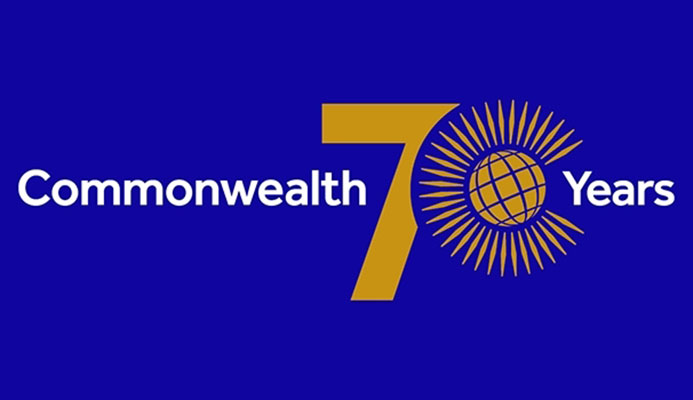The modern Commonwealth is celebrating 70 years of vibrant life. Its rich history includes decisive action to end white minority rule in South Africa; strong support for effective democracy through election observations and peace-building initiatives; relentless advocacy for groups such as women and young people; significant voice for small and vulnerable countries and visionary leadership on emerging issues such as climate change and trade connectivity.
It all began in April 1949 when leaders from Australia, Britain, Ceylon (now Sri Lanka), India, New Zealand, Pakistan, South Africa and Canada arrived in London for the Commonwealth Prime Ministers Conference.
Globally, it was an era defined by new treaties, alliances and a quest for equality. India was asserting its right to become a republic while at the same time expressing its desire to remain in the Commonwealth.
This position posed a challenge for the group. As a republic, India could no longer acknowledge King George VI as its head of state. The 1926 Balfour Declaration stated that the countries of the British Commonwealth were united by a common allegiance to the crown.
In a spirit of comradery and with a promise of new horizons, the leaders came to the table to discuss the future of the association. On 26 April 1949 – 70 years ago – they gave birth to the modern Commonwealth by signing the London Declaration.
The declaration was a turning point for the group and set the Commonwealth on a new path. It dropped the “British” prefix from the organisation’s name and emphasised the freedom and equality of its members - not just in their relationship to the King as Head of the Commonwealth but also in their co-operative ‘pursuit of peace, liberty and progress’.
Notably, it declared that the crown was to be regarded ‘the symbol’ of the Commonwealth association, allowing India to remove the King as its head of state but recognise him as Head of the Commonwealth.
Since that historic day, the Commonwealth has taken on global significance, increasing its membership to 53 countries and 2.4 billion people, with representation on every continent.
The 70th anniversary will be celebrated around the world for the next year, through conferences, literature awards, receptions, ceremonies, parties and other events.
With more than 60 per cent of the Commonwealth’s population under 30 years of age, there are special events for youth - including a conference focused on effective education for science, technology, engineering, and mathematics; and compositions by young musicians to celebrate Commonwealth values.

